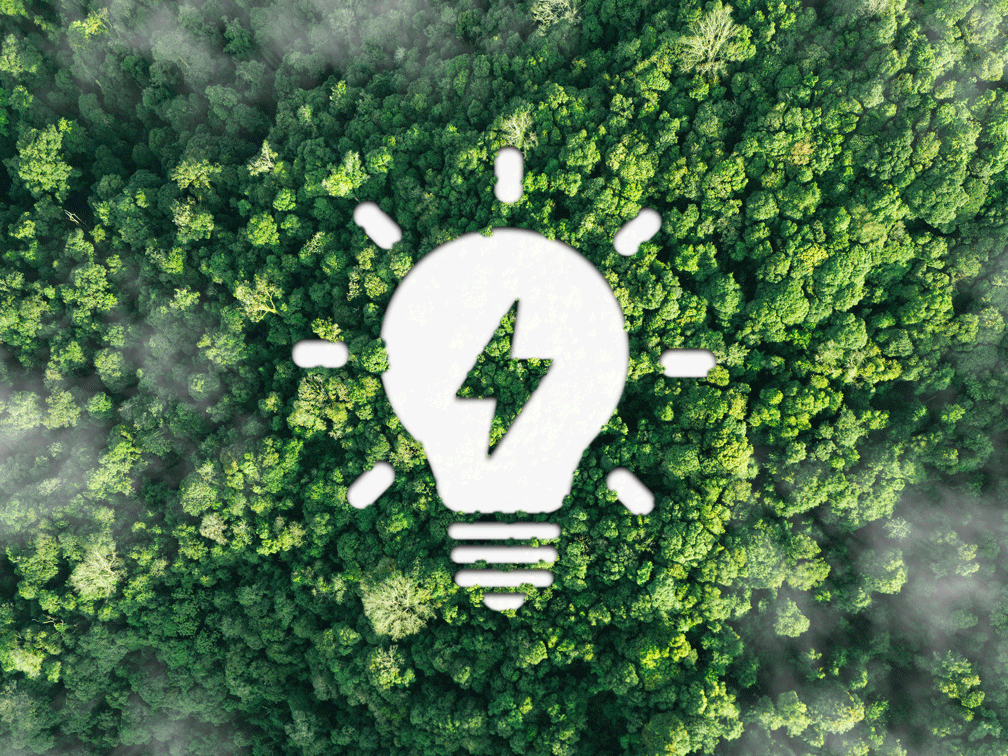16 April 2025
3 min read
#Renewable Energy, #Construction, Infrastructure & Projects
Published by:

In December 2024, the Future Made in Australia (Guarantee of Origin) Act 2024 received Royal Assent, laying the groundwork for the Guarantee of Origin scheme (GO scheme). This legislation, along with two supporting Acts, the Future Made in Australia (Guarantee of Origin Charges) Act 2024 and the Future Made in Australia (Consequential Amendments and Transitional Provisions) Act 2024, provides a robust framework for the GO scheme, in alignment with international clean energy standards - a step forward in addressing the gap in Australia’s environmental accountability.
The GO scheme offers a government-backed emissions accounting framework that participants can opt-into to ensure a reliable, standardised way to verify and certify the emissions footprint of products and renewable electricity. By partaking in the scheme, Australian producers will be able to make confident, objective and credible claims about:
This year, the Australian Government is consulting on draft subordinate legislation which will set out the details (the rules and methodologies) of the GO scheme.
In February 2025, the Department of Climate Change, the Environment, Energy and Water (DCCEEW) requested stakeholder feedback on the first tranche of the draft Future Made in Australia (Guarantee of Origin) Rules 2025, covering:
This consultation closed on 27 March 2025. However, future consultations will open for comment later in the year and will cover:
To stay informed with GO scheme updates on consultation opportunities, the DCCEEW website has provided an email address for industry groups, businesses and producers to join the stakeholder register to help in shaping the laws. All past consultation discussion papers on GO scheme design can be accessed on DCCEEW’s website.
The GO scheme will play a key role in Australia’s clean energy transition, and in meeting its legislated emissions reduction targets under the Climate Change Act 2022. It supports renewable electricity generation and the production and export of hydrogen, and other clean energy commodities, by enabling businesses to apply for 2 types of certificates:
As global demand grows for low-emissions products backed by credible data, the GO scheme will help Australian producers meet that demand and build confidence among consumers and trading partners.
The first stage of the scheme – PGO, commences with hydrogen (and its derivatives) and renewable electricity (REGO), however there is potential for expansion down the track. Future iterations could encompass products like low-carbon liquid fuels, green metals like steel and aluminium, and biomethane and biogas. Watch this space for further updates!
If you have any questions regarding these updates, please get in touch with a member of our team below.
Disclaimer
The information in this publication is of a general nature and is not intended to address the circumstances of any particular individual or entity. Although we endeavour to provide accurate and timely information, we do not guarantee that the information in this article is accurate at the date it is received or that it will continue to be accurate in the future.
Published by: